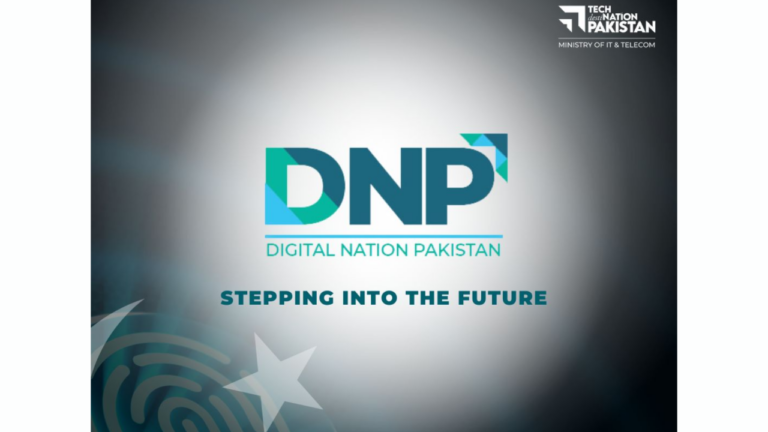
Perhaps it was too much to hope that the federal government would simply forget it had passed the Digital Nation Pakistan Bill earlier this year. After all, the government bludgeoned it through parliament with particular viciousness for a reason. Despite all the signs we cannot blame those among us that had hoped someone would forget the bill and they would never have to deal with it again.
The bill, which seems unassuming enough at first glance, has a giant problem tacked along with it: the current government’s deplorable record on digital freedoms. This is not the first time Profit has taken a hard line on this issue, but it is worth repeating: The single stupidest decision any Pakistani can take right now is to trust the government. Especially this particular government.
And no, we are not raising a question on the competency of the incumbent cabinet and the bureaucratic leadership working underneath them. We are also not taking a moral or political stance in this assessment. What we are saying is far worse, far more insidious and dangerous than any of this. We are claiming that as responsible, well-informed, well-meaning members of the Pakistani electorate should not trust the intentions of this incumbent government.
Which is why the introduction of a digital ‘masterplan’ in this bill raises more questions than it answers. Now, when the concerns are still looming, the government is going full steam ahead. Prime Minister Shehbaz Sharif on Thursday approved a search and selection committee for recommending the appointment of members of the Pakistan Digital Authority (PDA) under the Digital Nation Pakistan Act.
This Digital National Authority is perhaps the most interesting and dangerous parts if this act of law. The PDA will comprise a chairperson and two members, to develop, implement, and monitor the national digital master plan. This authority will also establish a monitoring and evaluation framework for digital transformation projects. Essentially, since the Act is extensive in its scope, this committee of three will decide what Pakistan’s digital landscape and internet look like. For now, a search committee has been formed chaired by IT Minister Shaza Fatima Khawaja to find these three czars. But once they’ve been found, what happens next? The content in this publication is expensive to produce. But unlike other journalistic outfits, business publications have to cover the very organizations that directly give them advertisements. Hence, this large source of revenue, which is the lifeblood of other media houses, is severely compromised on account of Profit’s no-compromise policy when it comes to our reporting. No wonder, Profit has lost multiple ad deals, worth tens of millions of rupees, due to stories that held big businesses to account. Hence, for our work to continue unfettered, it must be supported by discerning readers who know the value of quality business journalism, not just for the economy but for the society as a whole.To read the full article, subscribe and support independent business journalism in Pakistan

Niaizi 804 ka Tout Abdullah Naizi